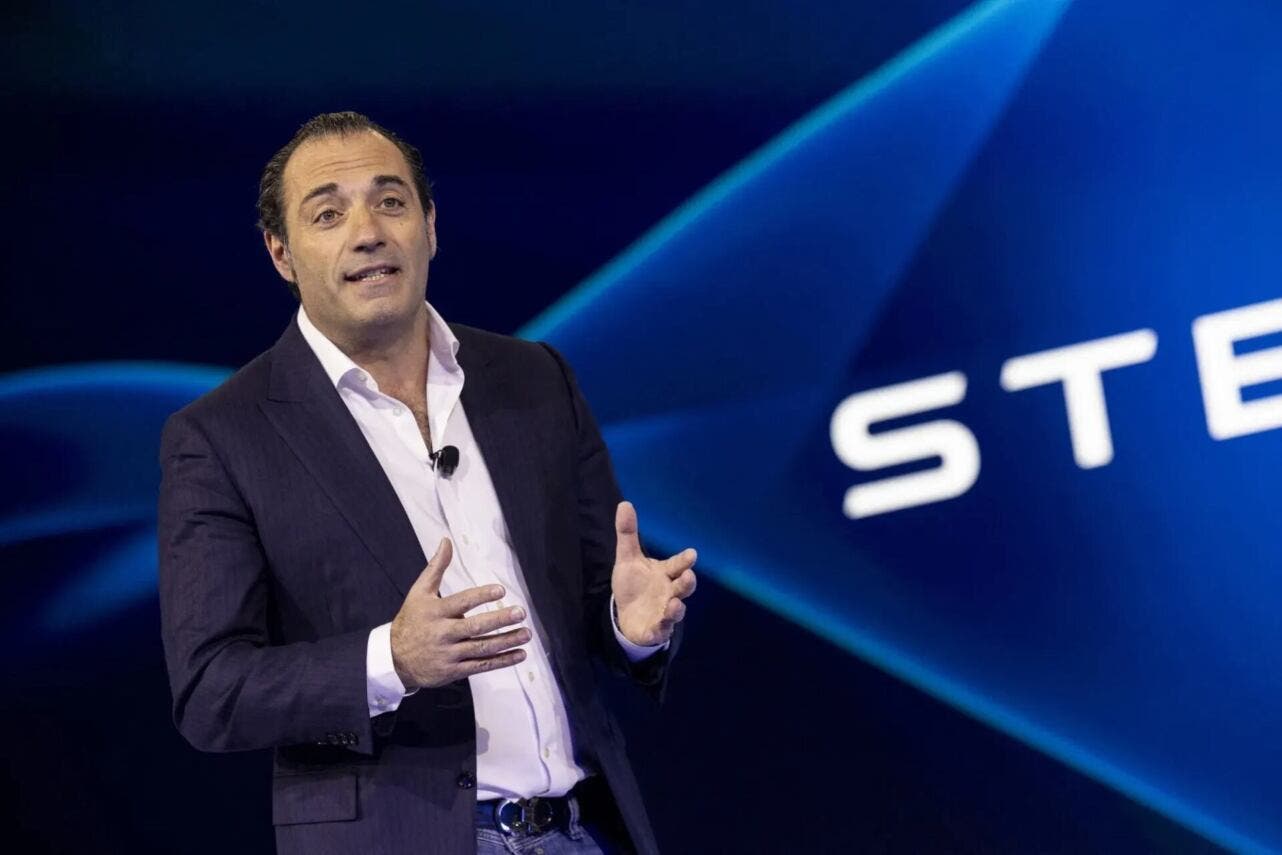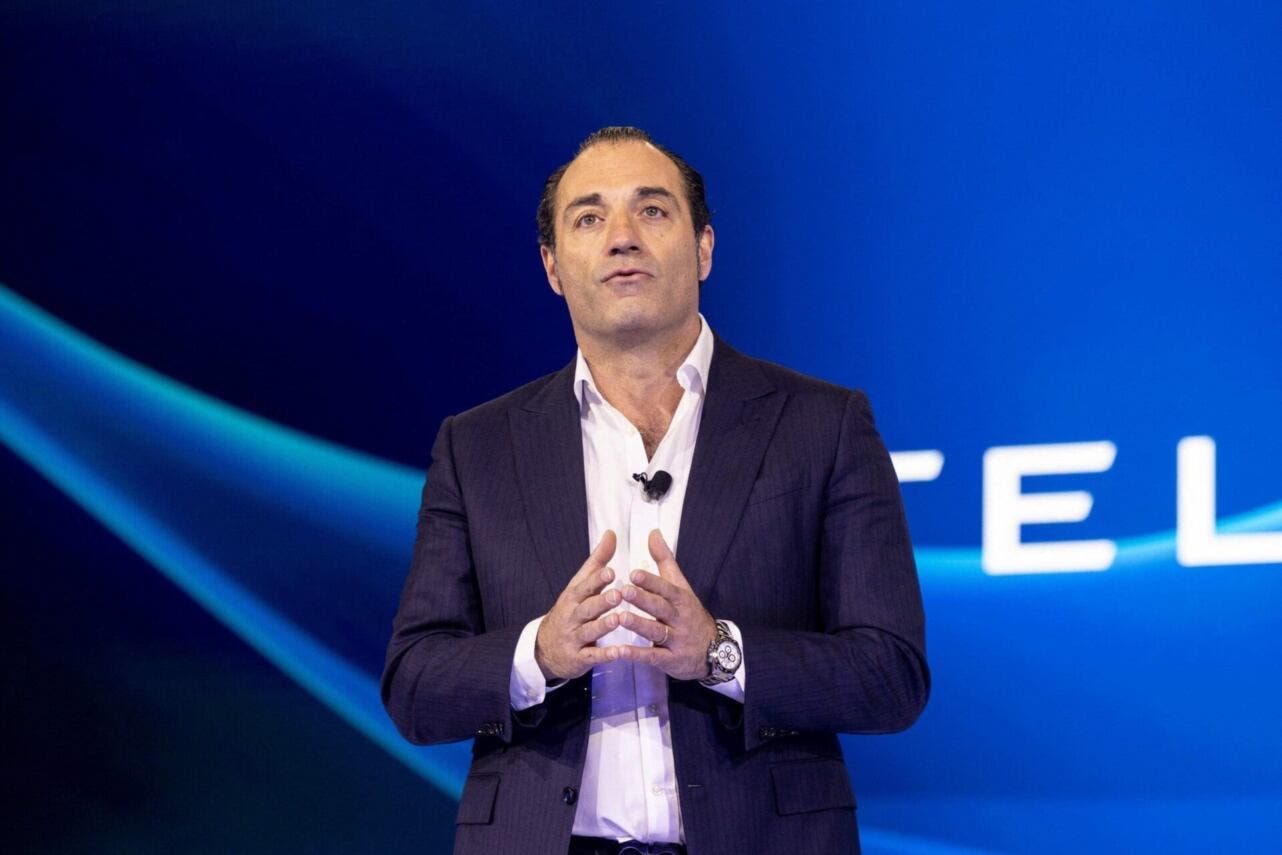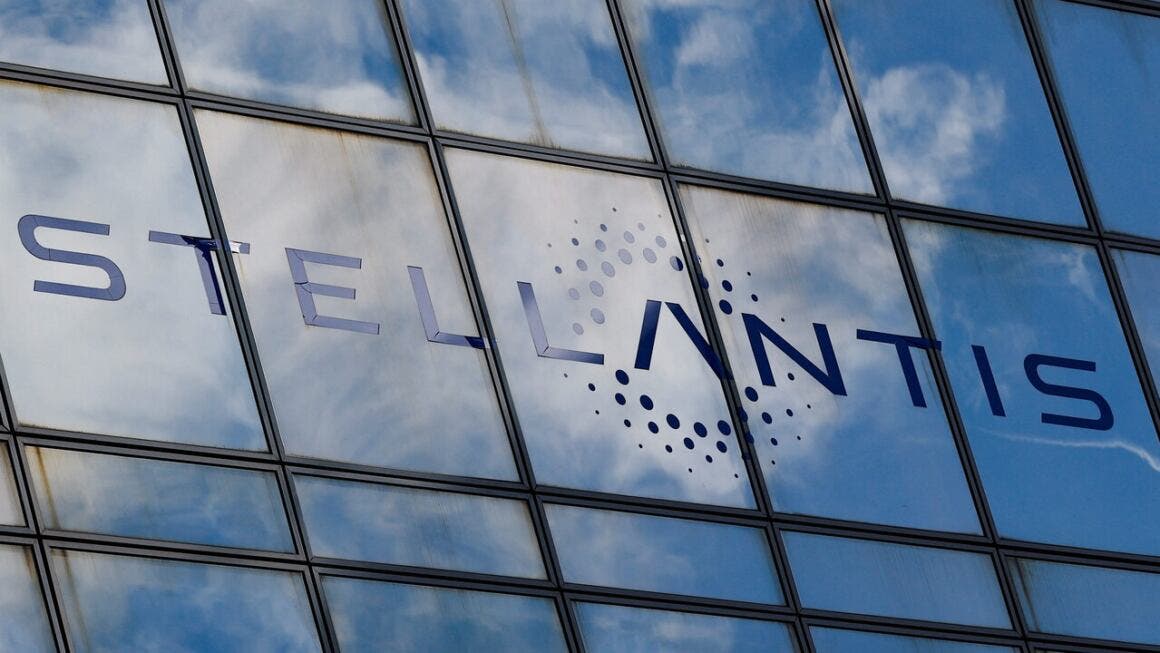It has been an intense week for Stellantis, particularly when it comes to revisions and contract terminations related to the Group’s electric vehicle strategy. In just five days, three supply agreements, each with a different partner, have been officially canceled. This represents a real U-turn for the company, which had previously signed deals with firms providing key materials for the production and management of next-generation EV batteries.
These moves send a clear signal that Stellantis is reassessing its approach to electrification. Within the span of a week, the Group, born from the merger of FCA and PSA, has terminated its agreements with Novonix, Alliance Nickel, and Westwater Resources. The decision suggests a notable shift in direction between former CEO Carlos Tavares and current CEO Antonio Filosa, pointing to a new phase for Stellantis’ EV strategy. A revision of the Dare Forward 2030 plan now seems likely, with significant changes expected in the coming months, coinciding with the release of a new industrial plan for the Group.
Stellantis ends three key supply deals in a broader strategic shift

As mentioned, the cancellation of contracts with these three suppliers could mark an important turning point in Stellantis’ renewed approach to electric mobility. On November 4, the Group announced the end of its partnership with Novonix, an Australian company that supplied synthetic graphite for battery cell production in North America. According to the official statement, the termination stemmed from product specification incompatibilities.
Next came Westwater Resources in the United States, which on November 7 confirmed the end of its binding supply agreement with FCA US. That deal concerned graphite anode materials, and its cancellation prompted Westwater to suspend debt syndication related to its partnership with Stellantis and to revise the structure of its main production facility. However, Stellantis reportedly left the door open to potentially reconsider the partnership if future market conditions align with the Group’s new strategic priorities.

Finally, also on November 7, Stellantis ended its deal with Alliance Nickel, which had provided for the supply of around 170,000 tons of nickel sulfate and 12,000 tons of cobalt sulfate over five years. Stellantis owns 11.5% of Alliance Nickel’s shares, a position that will not prevent the contract from officially ending on December 3. In this case, the reason appears to be failure to meet project development targets.
